Young European high potentials visit AMIBM for Young European Talent 2018
The second edition of the Young European talent project was held in Limburg in which 50 top talents from 5 European countries participated.
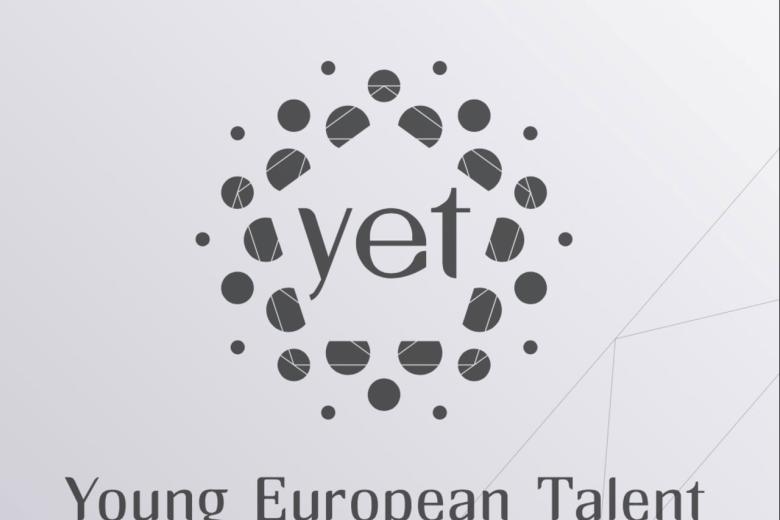
The second edition of the Young European talent project was held in Limburg in which 50 top talents from 5 European countries participated.

The honours path for bachelor students of the Data Science and Knowledge Engineering programme, KnowledgeEngineering@Work or KE@Work, is shortlisted for the 2018 Reimagine Education awards. The reputable Reimagine awards seek to reward education innovators from around the globe.
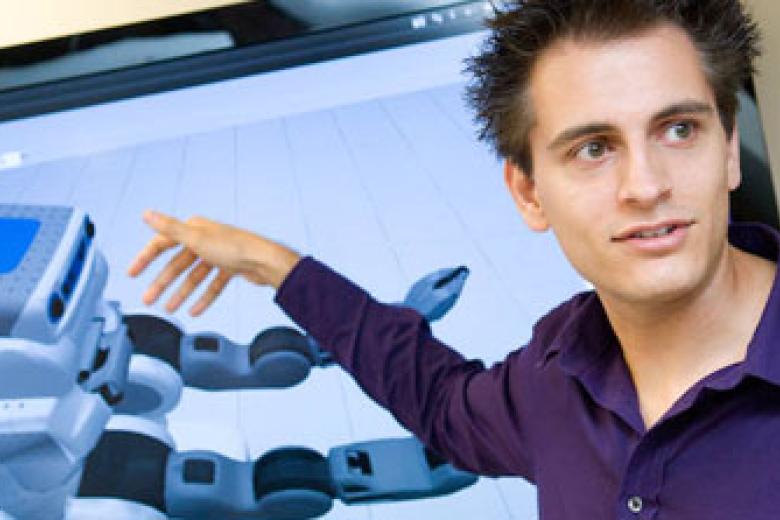
The VIVA400 is a list of 400 inspiring women who shine in their field of expertise and who are nominated because of their talents. Our Alie de Boer is on that list in the category ‘Knappe koppen’ (brainiacs).
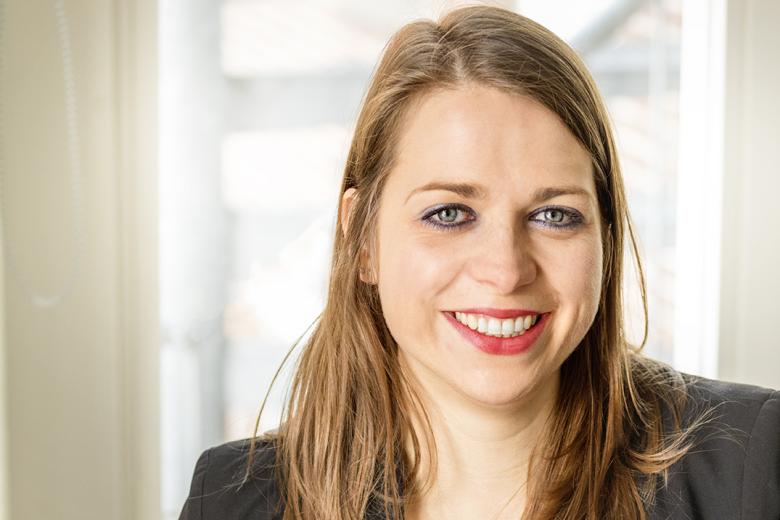
Op 1 oktober tekenden Stichting Technasium en UM een samenwerkingsconvenant met negen technasia in Limburg.
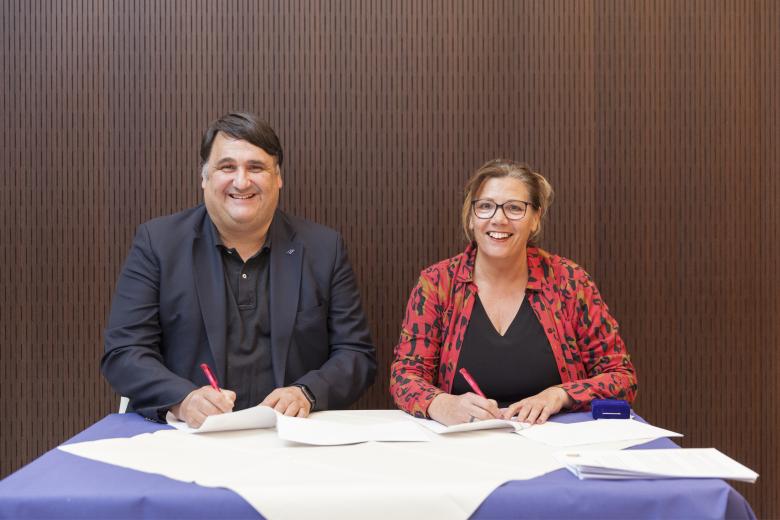
For his groundbreaking work on the implementation of graphene in next-generation textiles, AMIBM postdoc Dr. Benjamin Weise was awarded two PhD prices: At first, the Paul Schlack Man-Made Fiber Award 2018 was dedicated to Dr. Weise during the opening session of the annually held Global Fiber...
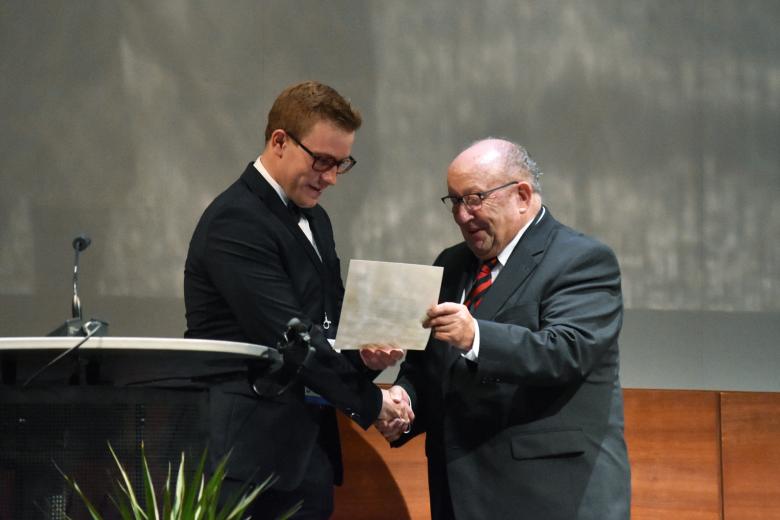
Three Artificial Intelligence alumni talk about their work. Marloes van Eijk is a data scientist/advisor at the Public Prosecution Service, Gijs-Jan Roelofs is a freelance consultant and Inge Lemmens is chief technology officer at PNA Group.

Maastricht University officially joined the Einstein Telescope Coalition of Nikhef (Dutch National Institute for Subatomic Physics) and KU Leuven. Prof. dr. Dr Martin Paul, chairman of the Executive Board of Maastricht University, today signed an agreement formalising UM’s participation.

Several companies and Maastricht University joined forces to develop the new academic chair on Youth, Food and Health at Brightlands Campus Greenport Venlo. The appointed professor will spend five years conducting research on healthy eating patterns in young people.
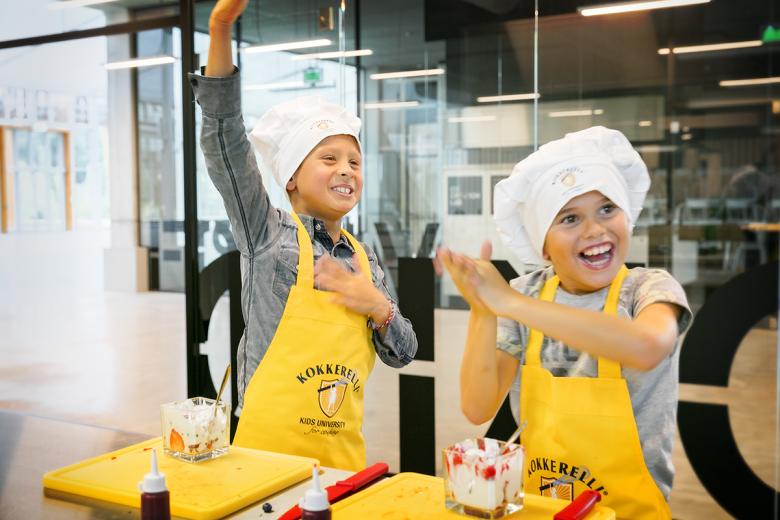
Evolutionary game theory can be utilized to improve outcomes in patients with metastatic cancer, according to a new study in the August 9th issue of JAMA Oncology.
